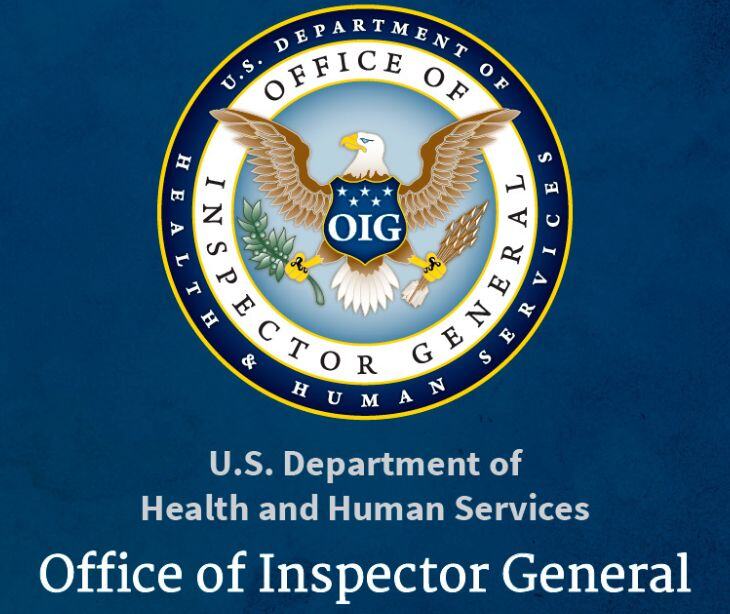
The OIG, or Office of Inspector General, is the largest civilian oversight agency responsible for monitoring the Department of Health and Human Services' extensive portfolio of programs, which collectively exceed $2 trillion.
Understanding OIG
According to the HHS OIG About page, “OIG's mission is to provide objective oversight to promote the economy, efficiency, effectiveness, and integrity of HHS programs, as well as the health and welfare of the people they serve.”
The OIG ensures that HHS programs and operations are run honestly, effectively, and in compliance with the law. The OIG works independently, keeping both the Secretary of Health and Human Services and Congress in the loop about its findings. With a team of about 1,570 dedicated professionals—including auditors, investigators, and evaluators, and backed by experts in law, technology, cybersecurity, data analytics, medicine, and more—the OIG is all about making big, positive changes.
They aim to improve systems, spot problems, ensure everyone is accountable, and recover funds that have been wrongly used. This is achieved all while sticking to the highest standards of inspection and review set by top oversight authorities like the Council of the Inspectors General on Integrity and Efficiency and the U.S. Government Accountability Office.
See also: CISA and HHS launch cybersecurity healthcare toolkit
The pillars of program integrity
The pillars of program integrity for the OIG within the Department of Health and Human Services (HHS) are as follows:
Prevention
The first pillar involves knowing who you are doing business with and avoiding doing business with bad actors. It focuses on proactive measures to prevent fraudulent and non-compliant activities within HHS programs.
Detection
The second pillar is about identifying problems and implementing effective safeguards and sound management principles. It emphasizes the need to detect issues, vulnerabilities, and non-compliance within HHS programs.
Enforcement
The third pillar emphasizes taking appropriate action to correct program vulnerabilities and holding bad actors accountable. It involves enforcement actions against those who engage in fraudulent or misconduct activities related to HHS programs.
See also: Getting listed on the HHS Wall of Shame
Common responsibilities of the OIG
- Oversight and monitoring: The OIG is responsible for overseeing and monitoring HHS programs and operations to ensure their integrity, compliance with regulations, and effectiveness.
- Audits: OIG conducts audits to assess the performance of HHS programs and grantees, identifying areas of improvement and assessing risk.
- Evaluations: OIG conducts national evaluations to provide timely and reliable information on issues within HHS programs, which helps inform decisions and policies.
- Investigations: OIG conducts criminal, civil, and administrative investigations to uncover fraud, misconduct, or misuse of funds related to HHS programs, operations, and beneficiaries.
- Compliance guidance: The OIG provides guidance and education on compliance issues to ensure that HHS programs and stakeholders adhere to legal and ethical standards.
- Technical expertise: OIG offers technical expertise on program integrity issues, which may include guidance on healthcare, cybersecurity, data analytics, and other areas relevant to HHS.
- Cybersecurity oversight: OIG is involved in overseeing the cybersecurity measures within HHS to protect sensitive data and information.
See also: HIPAA Compliant Email: The Definitive Guide
FAQs
What is the role of the OIG?
The role of the OIG is to provide independent oversight, audits, investigations, and guidance to ensure the integrity, compliance, and effectiveness of programs within the Department of Health and Human Services.
What are the core values of the OIG?
The core values of the OIG include integrity, excellence, accountability, independence, and teamwork.
What types of activities does the OIG conduct?
Audits, investigations, and inspections.
Why does the OIG conduct audits and investigations?
To prevent and detect fraud, waste, abuse, and misconduct.
Subscribe to Paubox Weekly
Every Friday we'll bring you the most important news from Paubox. Our aim is to make you smarter, faster.




